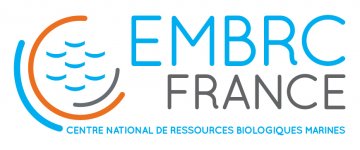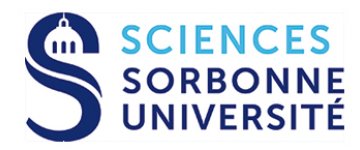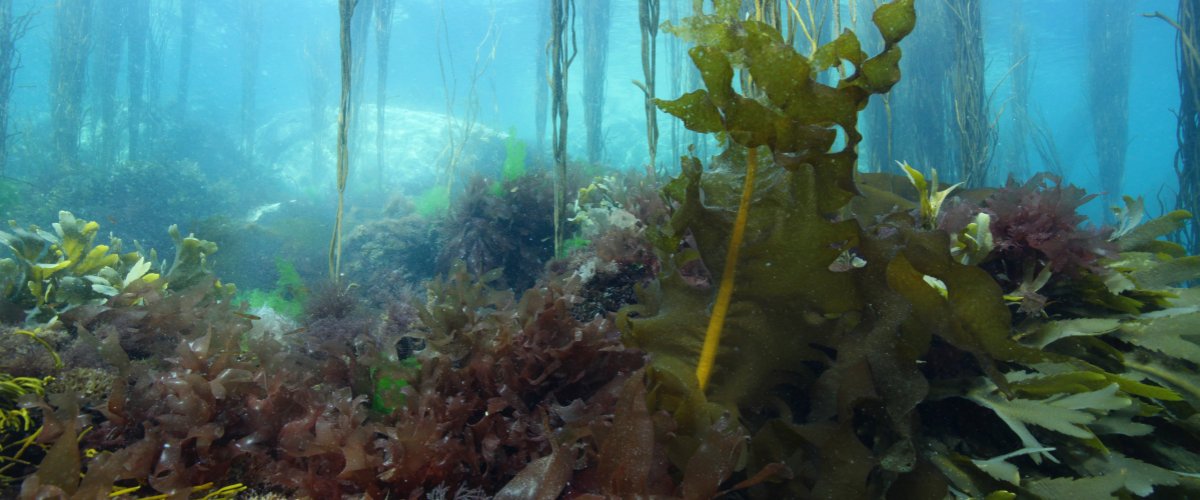Innovation and technology transfer
Focus on society
The Roscoff Biological Station endeavours to constitute an environment that fosters innovation in the follooduction systems and procedures that employ marine biological resources (microorganisms, algae or fauna), active ingredients, monitoring the state of marine biodiversity and ecosystems, biological analyses and mo-delling.
The potential applications are vast, ranging from the development of bioactive compounds for plant, animal or human nutrition and health to the selection of cultivated species as well as, among others, bio-remedia-tion, blue chemistry and environmental impact studies.
Through its infrastructures, such as EMBRC and EMBRC-France, the Roscoff Biological Station offers a rich panel of services and core facilities that are open to the national and in-ternational scientific community and to the private sector.
This development should be considerably facilitated by the local federation of municipalities, the Communauté des communes du pays léonard (CCPl) who provided a 2.3 ha site in Roscoff. This site is destined for the creation of a Blue Valley complex that associates research, education, innovation, student services and each for marine biotechnologies.
The projects Idealg and Oceanomics aim to in-crease knowledge for new applications and the sustainable harvest of benthic and planktonic marine resources.
In light of the changes that the planet has undergone over the past few decades — appearing to stem from evermore intensive human activities — citizens increasingly question scientists with regard to the impact of techno-logical developments on the environment and human health. Moreover, the pressure on marine biological resources has never been greater, although their adaptation to global changes and pollution is a central concern for the future of economic activities based on these resources.
To meet these societal demands, particularly those in the field of ecological development and harvesting marine biological resources, scientists from the Roscoff Biological Station have taken up the relay, participating in confe-rences, science cafés, and other public events. They invest time and effort in projects, such as the Interreg project Marinexus (2010-2014), that seek to assess the consequences of human activity on the environment, or Phenomer, based on participative science to detect changes in water colour that indicate harmful algal blooms.








